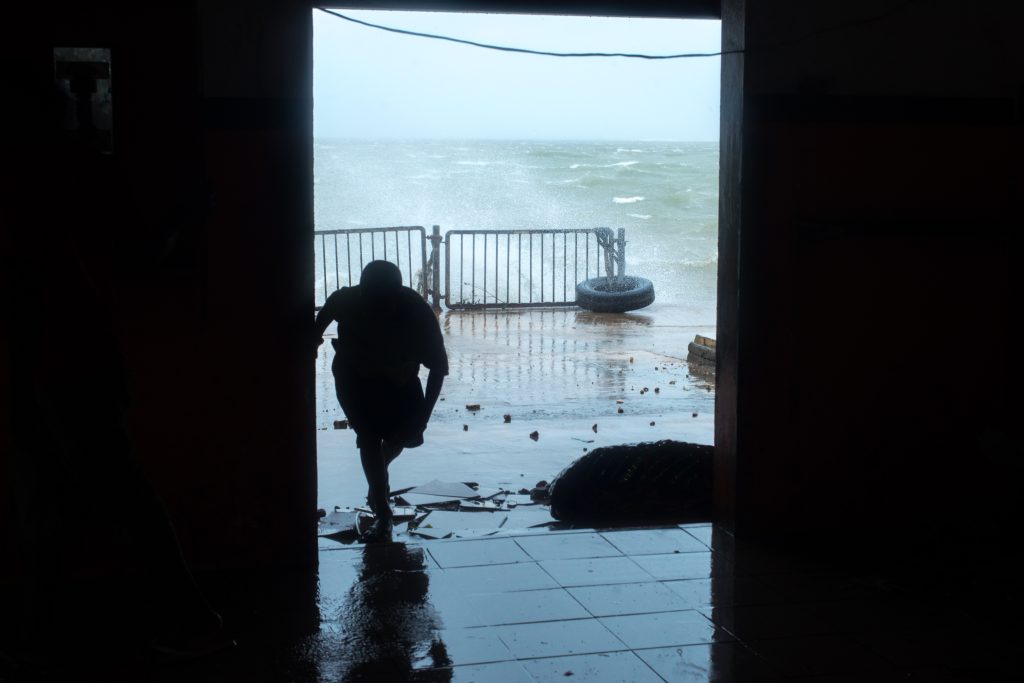
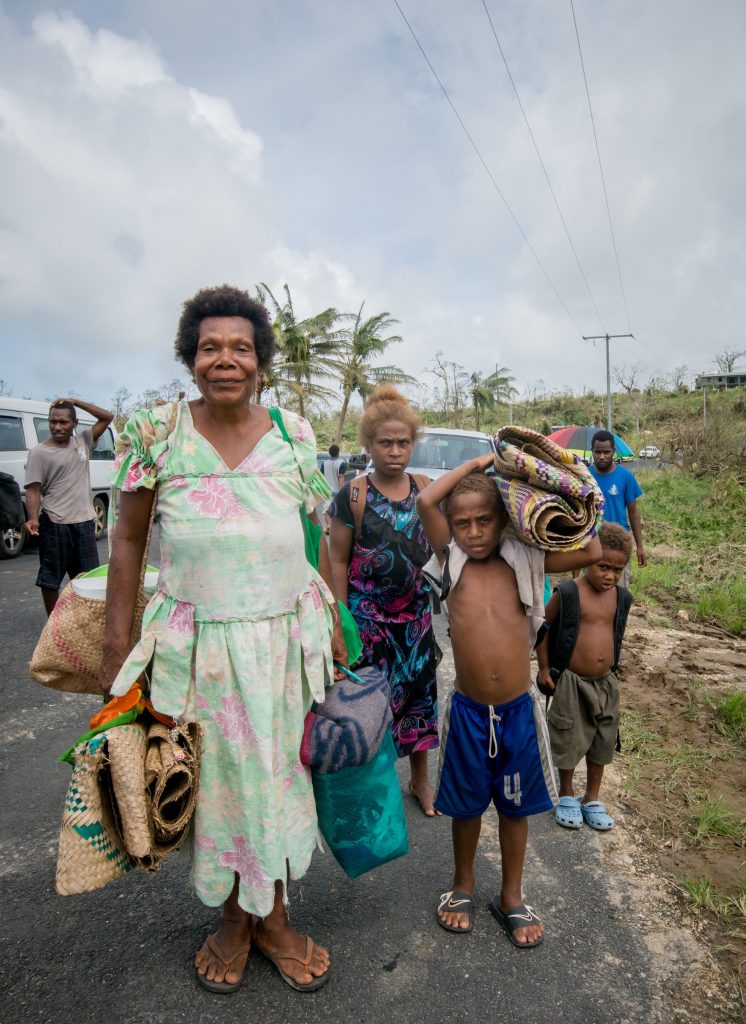
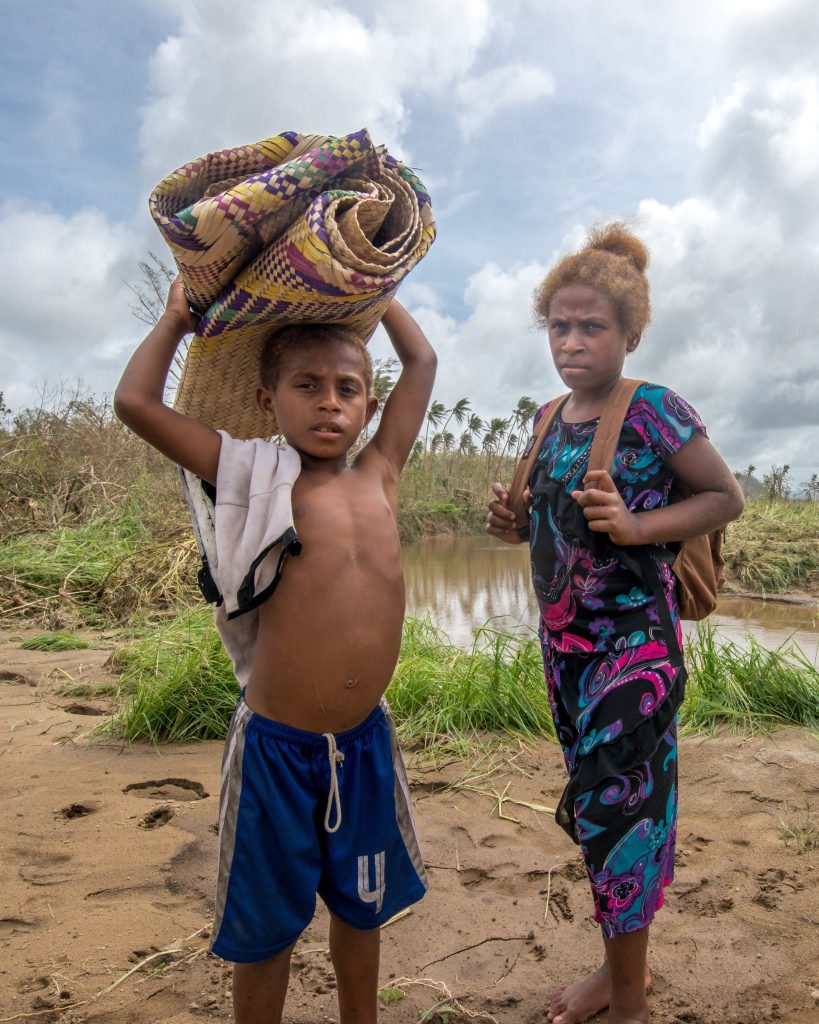
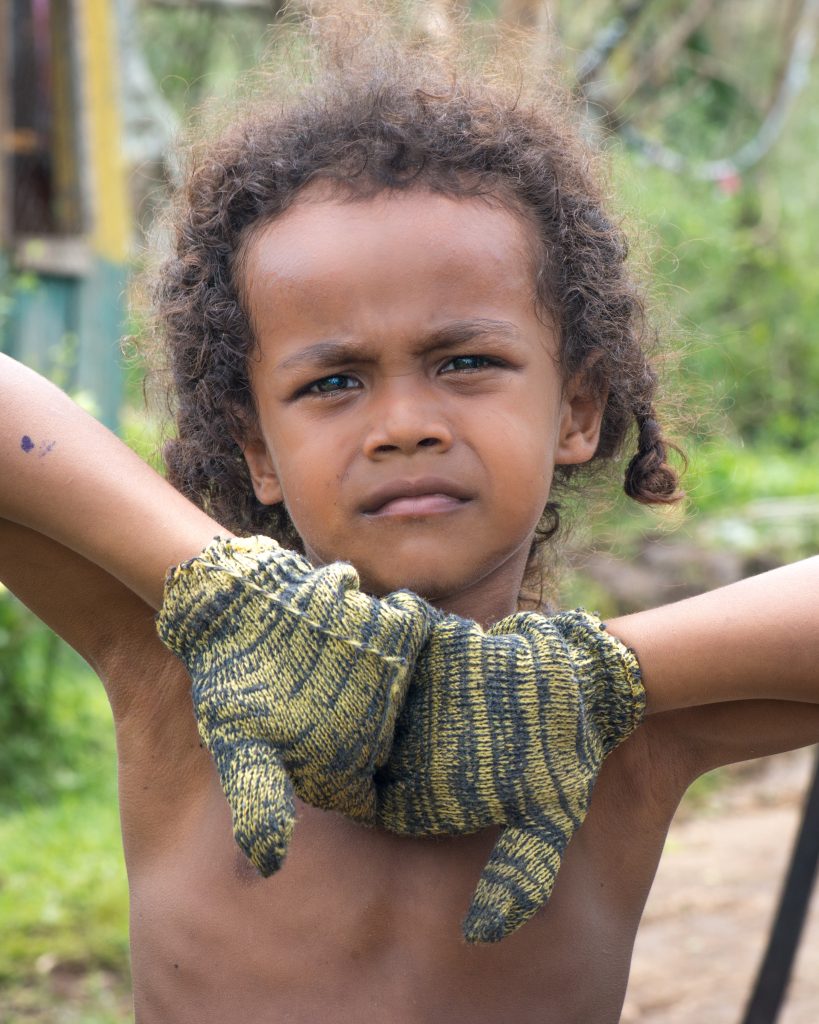
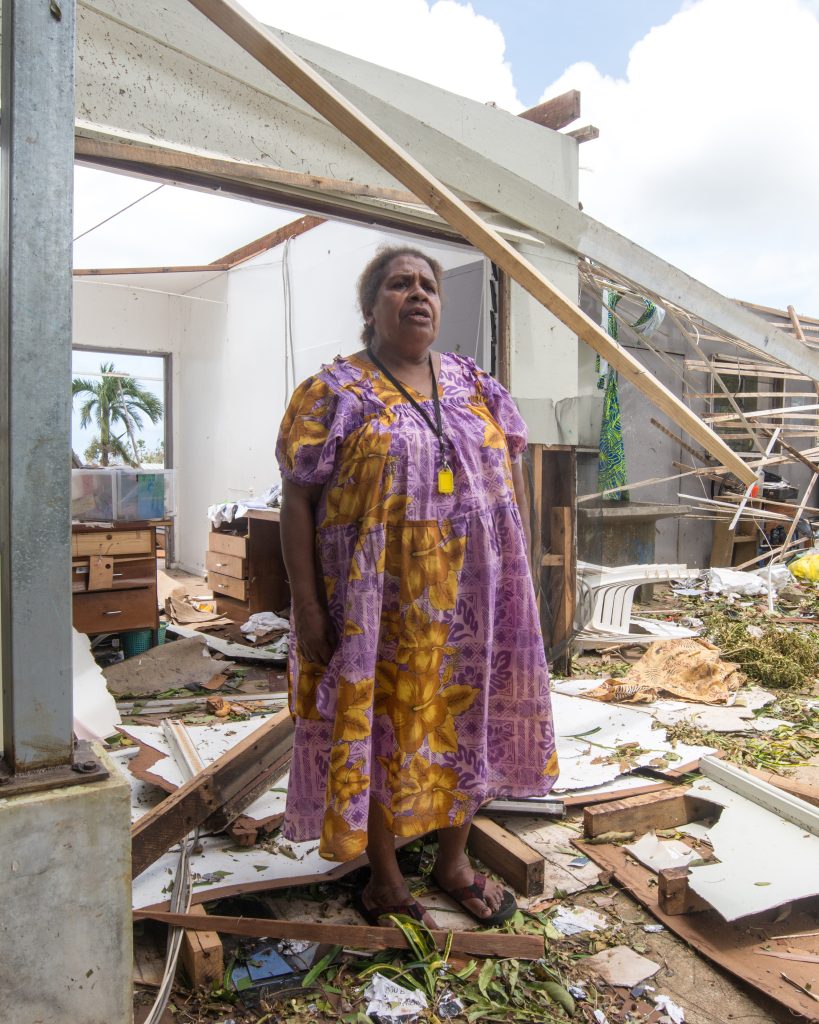
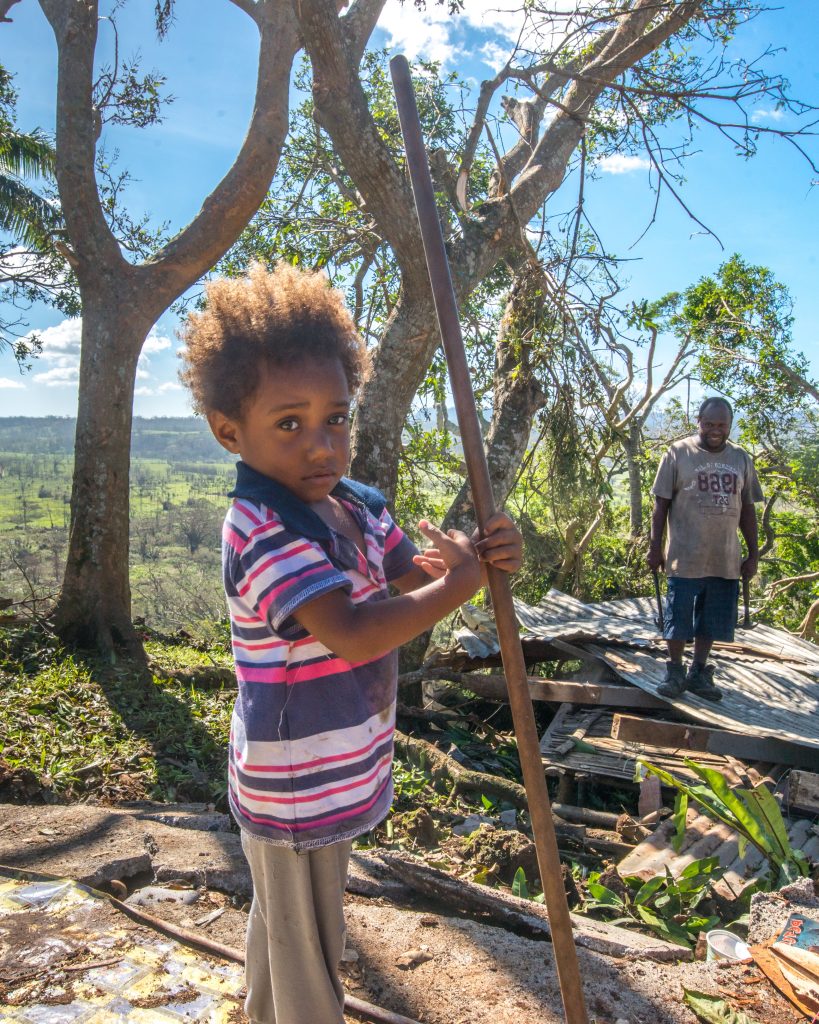
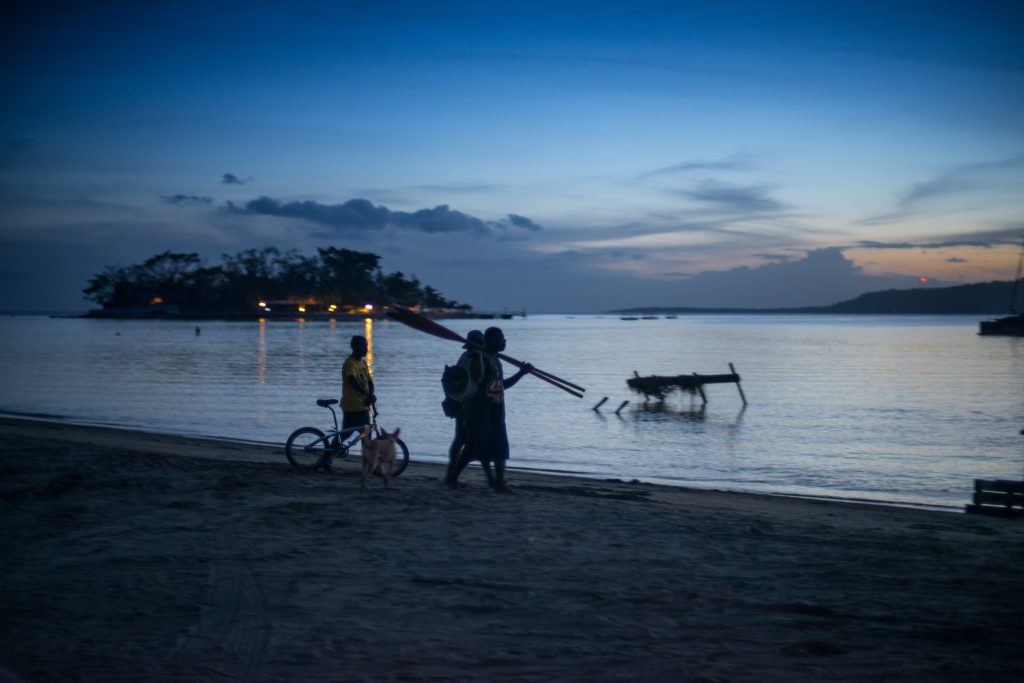







In 1989 the G-7 group of countries decided it was time to act together to address the increasingly serious problem of money laundering. They created what became known as the Financial Action Task Force on Money Laundering, or FATF. Prompted as they were by the extraordinary boom in illicit cash brought about by America’s love affair with cocaine, the measures weren’t taken particularly seriously by tiny tax-haven nations such as Vanuatu.
Then came September 11th, 2001. What had been seen as a first-world problem suddenly became a global concern. No longer just a pastime for drug lords and tax cheats, money laundering was identified by the USA as a prime source of financing for terrorism. In the months immediately after the terror attacks on New York, a series of measures were brought into play that made it clear that the world was going to play along to the anti-money laundering tune.
In 2002, Vanuatu was faced with a choice. It could either clean up its act, or it could lose the ability to trade in US dollars. The consequences of failure were dire, to say the least. Within months, a number of offices with dozens of nameplates on their door disappeared.
In fairly short order, Vanuatu drafted a legislative and law enforcement framework that quelled the international community’s worst fears, and got the country moved from the infamous grey list of ‘non-compliant and uncooperative jurisdictions’. In fact, Vanuatu went above and beyond the call of duty, and drafted a regime that would prove onerous actually to implement.
This decision would come back to haunt the country. Read more “Getting off the grey list”
Throughout Vanuatu and across the region, an outcry has arisen over our inability to keep international air travel safe. The prospect we face now—the possibility of only one remaining carrier willing to land at all, and only when the airstrip has been swept clean of debris—is a national disgrace.
It’s scandalous, too. Even knowing that our airstrip is more than half a decade past its use-by date, some were still willing to treat the airport upgrade as nothing more than a political football. Looking back over the past months, it’s hard to see if concern for traveler safety ever came into the picture.
It didn’t have to be this way. In August of 2014, the Bauerfield Airport Rehabilitation Committee, or BARC, was struck with a mandate to compile and detail the known issues concerning the airport, and to recommend a way forward.
A March 2015 report on the status of the airport, presented to the National Trade Development Committee by the Director General of the Prime Minister’s Office stated: “The runway was last resurfaced in 2000 with an estimated design life of between 8 to 10 years…. The runway pavement, the stop areas and thresholds are currently deteriorating and urgently need an overall pavement overlay.”
The biggest danger here, cited by Air New Zealand as they announced their suspension of service, is FOD – Foreign Object Damage. The new Airbus and Boeing aircraft that modern carriers use have larger, more powerful jet engines, and if one of these were to suck up even a few pebbles, the results could be disastrous. Our airstrip and approach areas are currently crumbling, creating an imminent threat of FOD.
But that’s not all. The Daily Post was recently informed that one of AVL’s most senior air traffic controllers’ contract had not been renewed. We don’t know whether this is related to the decades-old communications and navigation equipment at the site, or whether it’s a separate—and equally troubling—issue. But the combination of a lack of experienced operators and sub-standard equipment is another issue that is worrying, to say the least.
Cap all this with the fact that, if something were to happen at Bauerfield, we would be working with fire safety systems that have been found similarly lacking.
It should never have come to this. Read more “The Price of Politics”
Once again PacLII has proved itself an invaluable public legal resource by making all Appeal Court judgments available online within 24 hours of their being handed down.
The decision that has fixated everyone’s attention is Criminal Appeal Case 12 of 2015, titled Kalosil v Public Prosecutor. The judgment brings together six different appeals by the imprisoned MPs in this year’s bribery case.
The appeals on all sentences and convictions were dismissed.
The decision was written by a panel of four judges, led by Chief Justice Vincent Lunabek. It first considered the core facts of the case—that shortly before 21 October, a Hong Kong resident named Fong Man Kelvin sent half a million US dollars to the Pacific International Trust Company, or Pitco, as it’s known locally.
Shortly afterward, the equivalent of US$ 350,000 was transferred to Moana Carcasses, who was then leader of the Opposition. Much of that money was subsequently distributed in Vt1 million chunks to numerous MPs.
Before another month had passed, a motion of No Confidence was tabled in Parliament, featuring the signatures of all the appellants. Read more “Sey ‘Was Fully Justified’”
Asked how he started his career, Solomon Islands Prime Minister Manasseh Sogavare laughs wryly.
“I entered public service as a toilet cleaner and tea boy,” he chuckles. It was, he says, “a tough, rough beginning.”
“And I learned from that.”
If Mr Sogavare’s example is any guide, there are few shortcuts in life. “What I got is through hard work, and basically I worked my way…. I worked my way up through public service…
in all my life in public service, I worked in the Inland Revenue division.
“I started as toilet cleaner in the Inland Revenue Division and localised the Commissioner of Inland Revenue post in twelve years.
“I got all the degrees along the way, and all the promotions.”
He smiles in recollection. “The people that I’d salute along the way: ‘Good morning, sir!’ … the people with white socks—these were colonial days—I’d welcome them into the building and direct them to their desk.
“Three remained when I became Commissioner of Inland Revenue, and the role changed to ‘Good morning SIR!’”
He snapped a smart salute, mimicking how they would receive him, and then allowed himself an amiable laugh. Read more “Humble Beginnings”
“It’s all under the water now, so we can actually say it: It came down to 3-2.”
This is how Solomon Islands Prime Minister Manasseh Sogavare described the situation in Honiara in June of this year, when he played a central role in brokering an historic agreement finally to bring West Papua into the MSG fold.
This week marks Mr Sogavare’s first visit to Port Vila since Solomon Islands took over the chair of the Melanesian Spearhead Group at that fateful meeting in June. He took some time to give an exclusive interview to the Daily Post.
In it, he looked back at the events leading up to the decision to include the United Liberation Movement for West Papua. He also offered some frank observations about the road ahead for the MSG under his chairmanship.
Asked how he could square the circle of embracing both Indonesia and the West Papuan independence movement, he said, “I guess that’s where the true Melanesian spirit of arriving at decisions comes into play.”
“It came down to 3-2,” he continued. “If we’d gone down the path of democratic voting, it would have gone through. But if we did, it would have caused serious division amongst the group, and we don’t want to go down that path.”
Seeing that an all-out push for full membership for the ULMWP wasn’t achievable, Mr Sogavare decided to apply a more Melanesian approach, and to broker a compromise.
He described how he presented his solution: “We have a history of making consensus decisions, and we would like to maintain that…. The bottom line is that we would like to bring West Papua into the fold of the MSG. How can we achieve that?” Read more “A Very Melanesian Solution”
Vanuatu’s power and water utility UNELCO politicises development projects unnecessarily
Written for the Vanuatu Daily Post
UNELCO’s star rose considerably in the days and weeks after cyclone Pam. Consistently rated among the best power companies in the Pacific islands, the utility exceeded even these high expectations, restoring electricity and water to critical locations sooner than expected in many cases.
Yesterday, the company confirmed that they had finalised a plan to complete the handover of Port Vila’s streetlights in time for Independence celebrations this year. In the past the municipality struggled to provide this service reliably. Now, the utility has promised more lighting for longer hours using more efficient technologies.
Soon, it will begin extending its power grid in Malekula to an estimated 300 new households.
But in spite of these successes, it still tries to duck around its responsibilities to the Utilities Regulatory Authority, and has reportedly appealed directly to politicians instead.
A 2004 World Bank report identified issues with the company’s tariff calculation methods. It recommended that an independent body be established to oversee power generation and water supply.
The Utilities Regulatory Authority made a number of missteps in its early days, but has since enhanced and regularised its operations, thanks partly to significant assistance from the Australian government’s Governance for Growth programme.
In spite of this, UNELCO seems unwilling to recognise the regulator’s authority. Read more “Power play”
Governor General Peter Cosgrove’s visit underlines just how much work there is left to do in the aftermath of cyclone Pam
Written for the Vanuatu Daily Post
More than three months after cyclone Pam devastated the country, much remains to be done. Governor General of Australia Peter Cosgrove’s visit to Port Vila and Tanna highlighted the continuing need of Vanuatu’s affected population.
Anyone who claims that Tanna has received an unfair amount of aid has only to visit the island to see how wrong they are. The destruction on the island was widespread, and even now, signs of damage are everywhere. Lenakel hospital is still struggling with the after effects of the cyclone, and continuing health issues in the communities only compound the problem.
Melmel Lawawa, from south Tanna, is barely one year old. She has an extensive skin infection and has just arrived in hospital. Her family home was destroyed during the cyclone. While the family has received food support, they have yet to receive tools or materials to help with the reconstruction of their home. She lives in cramped, unsanitary conditions, and now her suffering is adding to the workload at the hospital.
But Lenakel hospital is also facing challenges with water and sanitation. Several large capacity fibreglass water tanks were blown off their bases and sent careening down the hillside by the cyclone’s unprecedented winds. Staff at the hospital claim they’re doing what they can, but current water capacity is severely limited, sometimes running out by lunchtime. Read more “UNFINISHED BUSINESS”